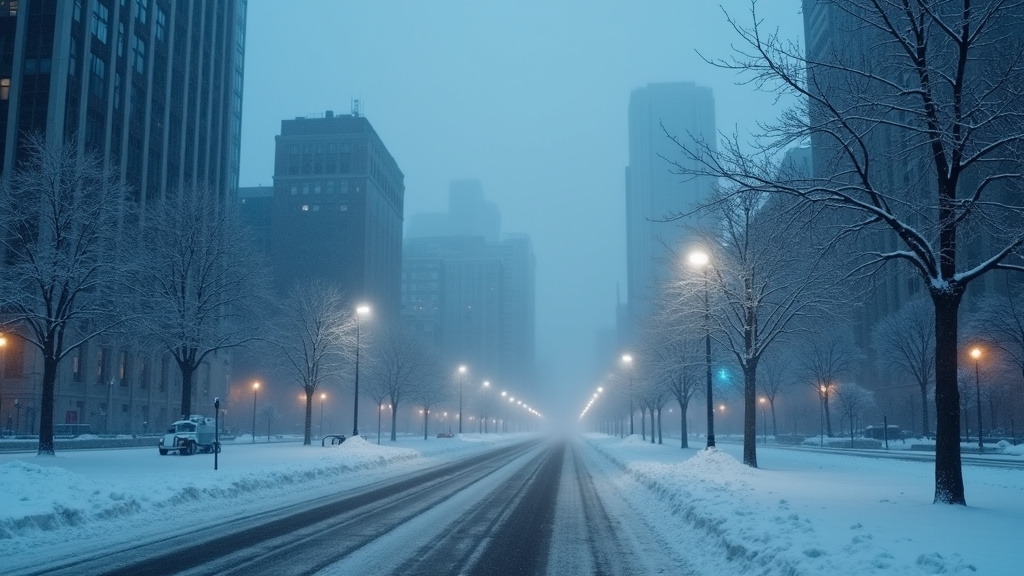A concerted effort is underway at multiple levels of government in the United States to compel federal immigration agents, particularly those from U.S. Immigration and Customs Enforcement (ICE), to operate without facial concealment and clearly identify themselves while on duty. State, national, and local elected officials are advocating for legislative and policy changes aimed at enhancing transparency and accountability during federal law enforcement interactions with the public.
Leading this push is a proposed federal bill introduced in Congress late last month. The legislation, known as the No Secret Police Act of 2025, seeks to amend the Homeland Security Act of 2002 to prohibit ICE agents from wearing face masks while performing their duties. Furthermore, the bill would impose specific identification standards for all Department of Homeland Security agents, requiring them to display clear credentials or identifying information.
Seven members of the Illinois House of Representatives are among the sponsors of this federal initiative, signaling bipartisan support for greater transparency from federal agents. The Illinois representatives supporting the bill include Jesus “Chuy” Garcia, Delia Ramirez, Jonathan Jackson, Danny Davis, Sean Casten, Raja Krishnamoorthi, and Janice Schakowsky. Their backing underscores a regional concern that is finding resonance on Capitol Hill.
Local Action Echoes Federal Concerns
The calls for greater transparency are not limited to the federal sphere. In Chicago, local elected officials have also taken direct action. Members of the 12th police district council sent a letter dated June 24 to Chicago Mayor Brandon Johnson and Chicago Police Supt. Larry Snelling, urging them to implement policies at the local level to address the issue of masked federal agents.
The council members requested that the city administration take steps to ban federal agents operating within Chicago from wearing masks that obscure their identities. They also called for the enforcement of identification standards for these agents, seeking to ensure that interactions between federal law enforcement and city residents are conducted with greater accountability and clarity regarding the identity of the officers involved.
Context: Incident at Immigration Court
The local push in Chicago is closely linked to recent incidents involving masked federal agents during public demonstrations. Masked agents have been reported interacting with protesters outside the Chicago immigration court located at 55 E. Monroe St. This location has been the site of protests related to immigration policies and enforcement actions.
According to Leonardo Quintero, a member of the 12th police district council who signed the letter to city officials, masked agents were present during a protest on June 16 at the immigration court address. During this event, at least three protesters were detained following interactions that council member Quintero highlighted as raising concerns about the anonymity of the agents involved. This incident appears to have served as a direct catalyst for the council’s urgent appeal to Mayor Johnson and Superintendent Snelling.
The Drive for Transparency and Accountability
The efforts in both Congress and Chicago reflect a broader concern about the role and methods of federal agents operating in local communities, particularly in contexts involving public assembly or interaction with non-criminal populations. Proponents of the proposed measures argue that the ability of law enforcement agents to operate without clear identification undermines public trust and makes it difficult to hold individuals accountable for their actions.
Operating without identifying markers or with obscured faces can blur the lines between federal and local law enforcement, creating confusion and potentially increasing tensions during public encounters. The proposed No Secret Police Act of 2025 and the Chicago council’s letter explicitly aim to address this perceived lack of transparency, advocating for standards that would align federal agents’ visibility more closely with requirements often placed on local police departments.
The movement suggests a growing demand from elected officials at various levels for increased oversight and clearer protocols governing the conduct of federal immigration enforcement personnel, especially in urban settings and during public order operations. The proposed legislative and policy changes represent a direct challenge to the operational discretion federal agencies like ICE have traditionally exercised, highlighting an evolving landscape in the relationship between federal enforcement bodies and the communities in which they operate.











